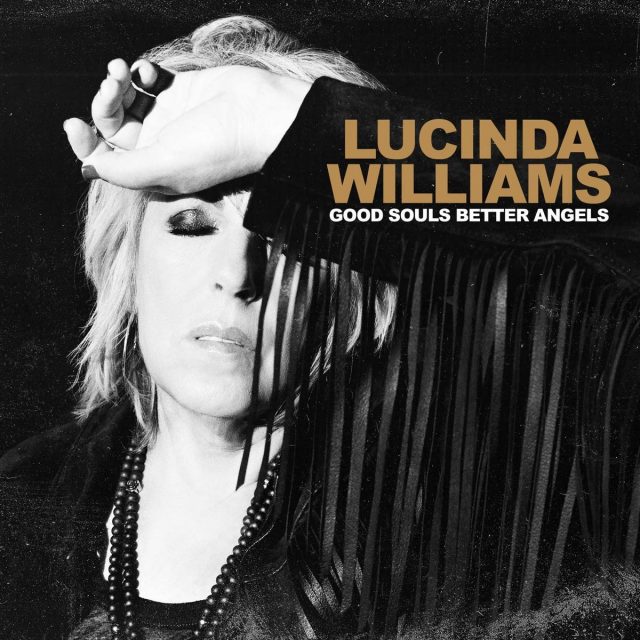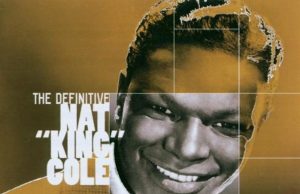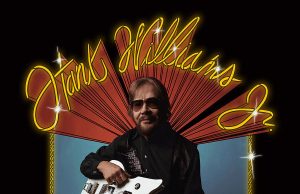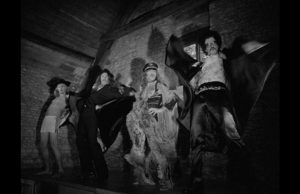So much for This Sweet Old World. Less than three years after lovingly revisiting her darkly beautiful 1992 masterpiece, Lucinda Williams’ nostalgic mood has definitely soured on her 14th studio album. Despite its uplifting title, Good Souls Better Angels is an angry record that’s firmly grounded in the here and now of life below heaven. The 67-year-old singer-songwriter comes out swinging and pulls no punches as she lashes out at her country’s liar-in-chief, his cadre of lunatics and hypocrites, abusive men she’s known and pretty much anyone else fool enough to get in her way or on her bad side. Not surprisingly, the hour-long set is also her most musically aggressive in years, with her ragged, rugged drawl underpinned by raw-boned, bare-knuckle blues laced with everything from noisy psychedelia and gritty garage-rock to ominous cellos. Recorded in just two weeks, it might be the leanest, meanest and most powerfully pointed album she’s made. Along with one of the most solid and satisfying. Ignore it — and her — at your own risk.
THE PRESS RELEASE: “It’s all come full circle,” says Lucinda Williams about her powerful new album, Good Souls Better Angels. After more than 40 years of music making, the pioneering, Louisiana-born artist has returned to the gritty blues foundation that first inspired her as a young singer-songwriter in the late 1970s. The result – Good Souls Better Angels – is the most topical album of Williams’ career. The dangerous world we live in, the constant barrage of a frightening news cycle, depression, domestic abuse, a man without a soul – and, yeah, the devil – figure prominently among its twelve tracks. “The devil comes into play quite a bit on this album,” Williams says. “I’ve always loved the imagery in Robert Johnson songs and those really dark Delta blues that are sort of biblical. I was inspired by Leonard Cohen – he dealt with that in his songs – and Bob Dylan and Nick Cave.” While Good Souls Better Angels reflects many dark realities that surround us, the album is tied together with themes of perseverance, resilience and ultimately, hope. As for the topicality of the material, Williams says, “Because of all this crap that’s going on, it’s on the top of everybody’s minds – it’s all anybody talks about: Basically the world’s falling apart – it’s like the apocalypse. That’s where that Old Testament stuff comes from. It’s different from my other albums in that there aren’t the story songs about my childhood and all. It feels exciting.”











































